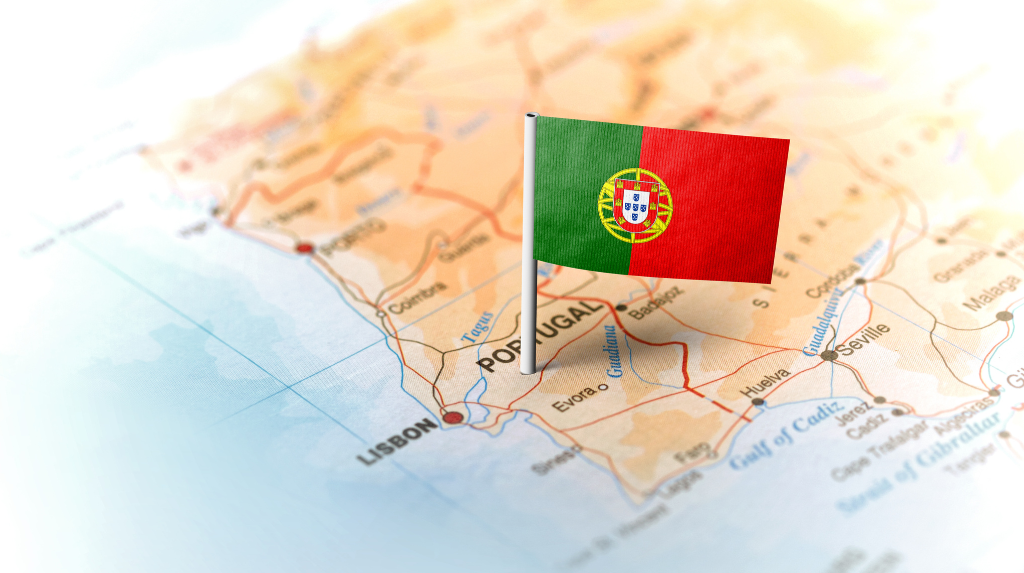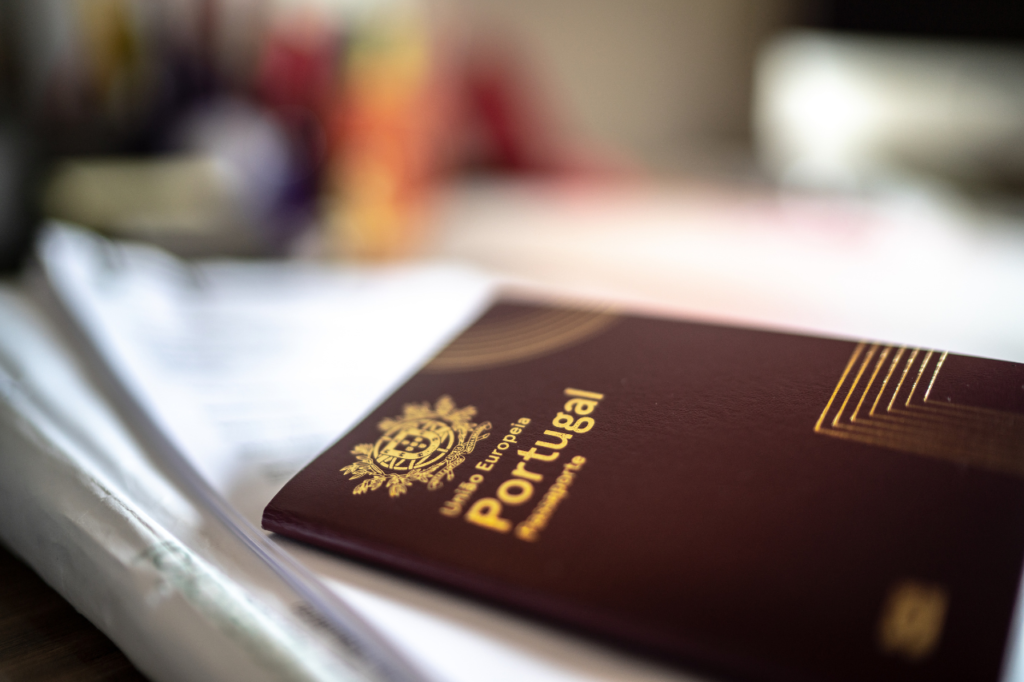For Nigerian citizens aspiring to travel to Portugal, the status of visa issuance is a critical consideration. This article aims to provide a comprehensive overview of the current situation regarding Portugal visas for Nigerian citizens, exploring the types of visas available, the application process, and the key considerations that applicants should bear in mind. As visa policies can evolve, it is essential for readers to consult the latest information from official sources.
Portugal Visa Types:
Portugal, located in the Iberian Peninsula of Southern Europe, is known for its rich history, stunning landscapes, and vibrant culture. The Portuguese visa system caters to various purposes of travel, and understanding the available visa types is crucial for prospective visitors. As of my last knowledge update in January 2022, the main types of visas for Portugal include:
Schengen Visa:
Portugal is a member of the Schengen Area, and Nigerian citizens intending to visit Portugal for short stays of up to 90 days within a 180-day period can apply for a Schengen Visa. This visa also allows travel to other Schengen countries, providing a convenient option for individuals planning to explore multiple destinations.
National Visa:
The National Visa, also known as a long-stay or D visa, is designed for stays exceeding 90 days. It is suitable for purposes such as work, study, family reunification, or other long-term commitments in Portugal.
Current Status of Portugal Visa for Nigerian Citizens:
As of my last knowledge update in January 2022, Nigerian citizens are required to obtain a visa to travel to Portugal for short or long stays. The specific requirements and procedures for obtaining a Portugal visa may vary based on the type of visa and the purpose of the visit.
Key Considerations for Portugal Visa Application:
Schengen Visa for Short Stays:
Nigerian citizens planning short stays in Portugal for tourism, business, or other purposes should apply for a Schengen Visa. The application process typically involves submitting required documents, including a completed application form, passport-sized photos, flight itinerary, travel insurance, proof of accommodation, proof of financial means, and a cover letter explaining the purpose of the visit.
National Visa for Long Stays:
Individuals intending to stay in Portugal for longer durations, such as for work, study, or family reunification, should apply for a National Visa. The application process for a National Visa is more comprehensive and may include additional requirements such as a legalized employment contract, proof of enrollment in an educational institution, or documentation supporting family ties.
Documentation and Eligibility:
Accurate and complete documentation is critical for a successful visa application. Applicants should carefully review the requirements for their specific visa category and ensure that all documents are in order. Eligibility criteria may include proof of financial means, a valid passport, travel itinerary, and any additional documents relevant to the purpose of the visit.
Visa Application Centers and Embassies:
Visa applications for Portugal are typically submitted at designated visa application centers or the Embassy of Portugal. It is advisable for applicants to schedule appointments in advance, attend interviews if required, and submit their applications within the stipulated time frames.
Visa Fees and Processing Time:
Visa applicants are generally required to pay a non-refundable visa fee, the amount of which may vary based on the type of visa and the applicant’s age. The processing time for visa applications can also vary, and applicants should plan their submissions well in advance of their intended travel dates.
Biometric Data Collection:
Some visa application processes, especially for Schengen Visas, may involve the collection of biometric data such as fingerprints. Applicants should be prepared to comply with any biometric requirements specified by the visa authorities.
Communication with Authorities:
Clear and effective communication with the visa authorities is crucial throughout the application process. Applicants may need to respond to any additional requests for information and stay informed about the status of their applications.
Changes in Visa Policies:
Visa policies, requirements, and procedures are subject to change. Applicants should stay updated on any changes in Portugal’s visa policies and adhere to the latest guidelines provided by the Consulate or Embassy.
Challenges and Opportunities:
While the process of obtaining a Portugal visa for Nigerian citizens is generally straightforward when all requirements are met, certain challenges and opportunities should be considered:
Challenges:
Visa Denials:
Visa applications may be denied for various reasons, including incomplete documentation, insufficient proof of financial means, or concerns about the applicant’s intention to return to Nigeria after the authorized stay.
Limited Visa-Free Access:
As of my last knowledge update, Nigerian passport holders have limited visa-free access to many countries. This necessitates thorough planning and adherence to visa requirements when planning international travel.
Changing Policies:
Visa policies can change, and applicants should stay informed about any updates or modifications to Portugal’s visa requirements. Changes in policies could impact the application process.
Opportunities:
Cultural and Educational Exchange:
Obtaining a Portugal visa opens up opportunities for cultural exchange, educational pursuits, and professional development. Portugal’s diverse offerings make it an attractive destination for various purposes.
Tourism and Business Ventures:
Nigerian entrepreneurs and individuals engaged in business can explore opportunities in Portugal, fostering economic ties and collaboration. Additionally, Portugal’s tourism sector offers a wealth of experiences for leisure travelers.
Educational Opportunities:
Portugal is home to reputable educational institutions, and Nigerian students can pursue academic excellence by gaining admission to universities and other educational establishments.
As of my last knowledge update in January 2022, Nigerian citizens are required to obtain a visa for travel to Portugal. The availability of visas, including Schengen Visas for short stays and National Visas for longer durations, provides avenues for diverse experiences, whether for tourism, business, education, or family reunification.
Prospective travelers should approach the visa application process with thoroughness, attention to detail, and adherence to the specific requirements of their chosen visa category. While challenges may exist, the opportunities for cultural exchange, business ventures, and educational pursuits make Portugal an enticing destination for Nigerian citizens seeking to explore new horizons.
It is crucial for readers to note that visa policies are subject to change, and the information provided here is based on the situation as of January 2022. To ensure the most accurate and up-to-date information, individuals planning to travel to Portugal should consult the official website of the Consulate or Embassy of Portugal and stay informed about any changes in visa policies or procedures.
Do you need a Portugal Visa?
Contact our team of skilled immigration lawyers to discuss your visa and immigration needs.
Call us on +234 812 5505 986 or WhatsApp us at +234 818 1547 085 for immediate assistance with your situation. We are available to assist you in person, over the phone, or online.




